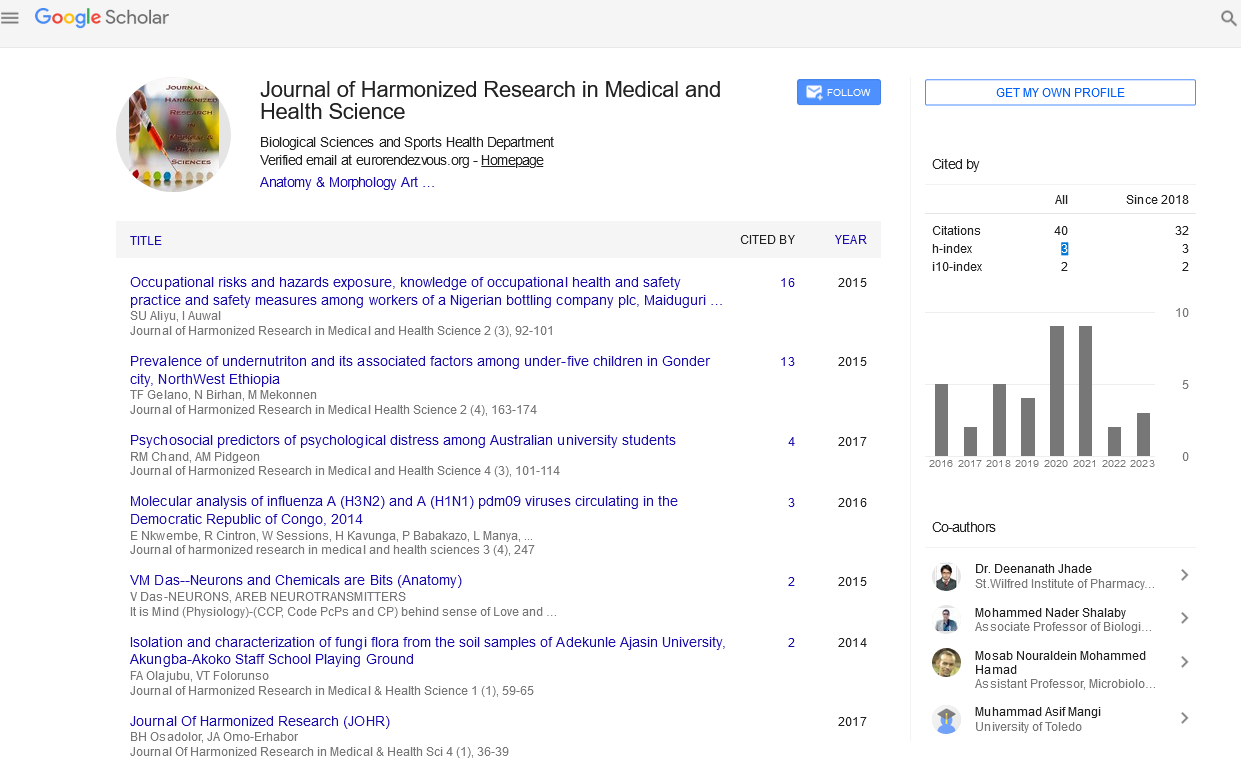PLASMODIUM FALCIPARUM AND SALMONELLA TYPHICO- INFECTION AMONG PREGNANT WOMEN IN ABAKALIKI, EBONYI STATE NIGERIA.
Abstract
Author(s): Okonkwo, E. C., Nwele, D. E., Nworie, O., Agumah, N. B., Orji, J. O.and Nwuzo, A. C.
Malaria and typhoid fever are both endemic in the tropics and pregnant women constitute one of the high risk groups. This study was carried out to determine the rate of malaria-typhoid co-infection i n pregnant women attending antenatal clinics in Federal Teaching Hospital, Abakaliki, Ebonyi State Nigeria. About 120 volunteer pregnant women were recruited during routine antenatal. Malaria infection was determined by qualitative immunodiagnostic assay and confirmed by microscopic examination of thick and thin giemsa stained slides. Typhoid infection was determined by Widal agglutination method and confirmed by stool culture. Out of 120 pregnant women studied, 49 (40.8%) were positive for malaria parasite and equally had significant titer of salmonella antibiotics. Of the 120 stool samples cultured 29 (24.2%) were positive for salmonella. Thus, the overall rate of malaria-typhoid co-infection was 12.5% by both Widal agglutination and stool culture methods. The co-infection of malaria and typhoid in pregnancy has a profound effect on adverse pregnancy outcome. We advocate for routine screening and treatment of infected pregnant women. Keywords: Co-infection, Malaria and Typhoid, Pregnant Women, Ebony State, Nigeria










